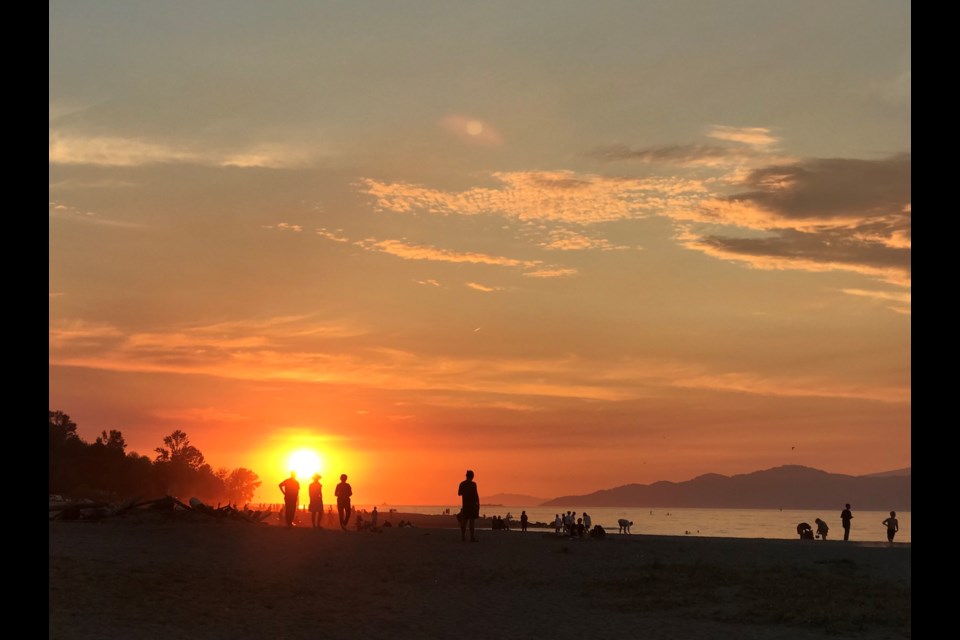Vancouverites really prefer the warmer sunny days of summer.
While that may not astonish people, just how popular spring and summer are could be a surprise.
In a poll, Â鶹´«Ã½Ó³» ran, asking what of the main five weather periods Â鶹´«Ã½Ó³»has (the region arguably has seven-ish seasons), the hot, dry summer was easily in first, with more than half of the 1383 votes.
Second place was relatively close, with the late spring period in April and May (when the city begins getting warmer and sunnier after the grey shoulder period) getting more than 35 per cent of the vote.
Fans of cooler, wetter weather, which 'Raincouver' is known for, are few and far between. The stormy season, from the late fall to early winter when wind and rain peak, only collected around 7 per cent of the vote.
And the less dramatic quiet winter, which is occurring right now, when days can still be quite cold (for Vancouver) and snow is possible but the wind calms down somewhat, fared even worse, with about 3 per cent of the vote.
The least popular time of the year is June-uary, which people perceive to happen between the nice weather of the late spring and the warm sunny summer (even though that's more human perception than data-driven fact).
Â鶹´«Ã½Ó³» polled 1383 readers and asked the question: What's your favourite Â鶹´«Ã½Ó³»season?
The poll ran from 2/12/2023 to 3/25/2023. Of the 1383 votes, we can determine that 668 are from within the community. The full results are as follows:
Results are based on an online study of adult Â鶹´«Ã½Ó³» readers that are located in Vancouver. The margin of error - which measures sample variability - is +/- 2.63%, 19 times out of 20.
Â鶹´«Ã½Ó³» uses a variety of techniques to capture data, detect and prevent fraudulent votes, detect and prevent robots, and filter out non-local and duplicate votes.



